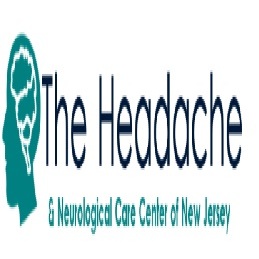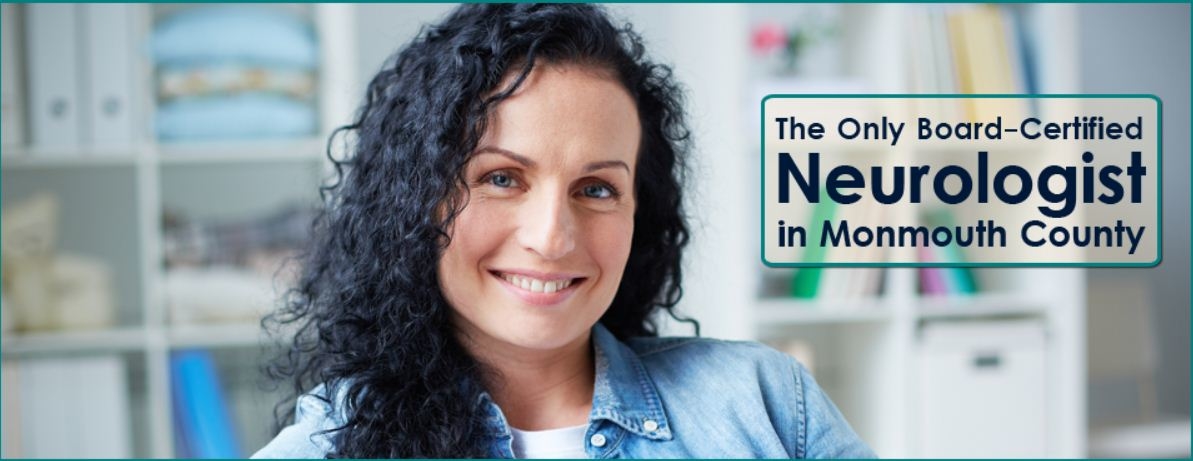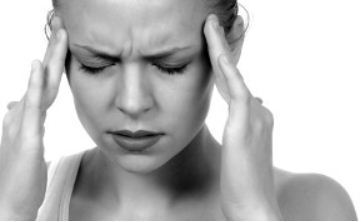What is Hydrocephalus? It is the buildup of fluid in the brain. The most common treatment for hydrocephalus is the surgical insertion of a drainage tube, called a shunt, into a ventricle to drain excess fluid.
Do you know that there are around 100 billion neurons in the human brain? To put it into a perspective, it’s about the same number of stars that exist in our galaxy!
Trigeminal Neuralgia (TN) is a chronic facial pain often treated with anti-epileptic (anticonvulsant), anti-spasmodic, and tricyclic anti-depressant drugs. If the medications become ineffective, patients may consider surgical options, including stereotactic radiosurgery, microvascular decompression, deep brain stimulation, or rhizotomy.
What is the treatment for hemorrhagic stroke? A cerebral hemorrhage requires emergency treatment, which usually involves medication and close monitoring in an intensive care unit. In rare cases, surgery may be required to relieve pressure around the brain.
Mechanical Embolectomy is an advanced, minimally invasive surgical treatment designed to remove a blockage in the blood vessel. Mechanical Embolectomy is mainly indicated for patients with acute ischemic stroke who are ineligible for a intravenous tissue plasminogen activator (tPA).
A hemorrhagic stroke occurs when there is bleeding in the brain. While only 10% to 15% of strokes are hemorrhagic, they carry a much higher risk of death or disability than other types of strokes.
Nearly 800,000 America experience a stroke, each year. In fact, stroke is the fifth-leading cause of death in the United States and the second most common cause of neurological disability after Alzheimer's disease.
What is Epidural Hematoma? It is bleeding that occurs between the skull and the outer covering of the brain. A surgical procedure, called a craniotomy, is recommended in most cases.
What is a transsphenoidal hypophysectomy? It is a surgical procedure used to remove a tumor of the pituitary gland. The tumor is removed through the sphenoid sinus, the air sinus (cavity) at the back of the nose.
Harvey Cushing, often referred to as the father of neurosurgery, was the leading neurosurgeon of the 20th century. In his lifetime, he took neurosurgery mortality from 80-90% to less than 10%.
The average survival rate for all malignant brain tumors is only 36%. Survival rates vary by age and tumor type. For glioblastoma, the most common form of primary malignant brain tumor, the 5-year survival rate is only 6.8%.
What is Awake brain surgery? Also called awake craniotomy, it is a type of procedure performed on the brain while the patient is awake and alert. Awake brain surgery is commonly used to treat some brain tumors or epileptic seizures.
The brain only makes up about 2% of a human’s total body weight. But do you know that it uses an astonishing 20% of its energy?
What is Cerebral revascularization? Also called bypass surgery, it is performed if a stroke was caused by “cerebrovascular insufficiency,” or a reduction in oxygen to the brain due to a blocked artery. The surgery restores blood supply to the brain.
What is Cushing’s Syndrome? It occurs when your body is exposed to abnormally high levels of the hormone cortisol for a long time. Treatment options include reducing steroid use, medication, radiation therapy, and surgery.
A seizure is an uncontrolled electrical disturbance in the brain. According to the Epilepsy Foundation, about 10% of people will experience a seizure at some point during their lives. When seizures are recurrent, the person is said to have epilepsy.
Epilepsy, which causes recurring seizures, can develop as a result of a genetic disorder or an acquired brain injury. While many individuals respond well to anti-epileptic medications, surgery may be required in some cases.
A herniated disc can result from excessive strain or injury, or degeneration due to age. While herniated discs can occur in any part of the spine, they are most common in the lumbar (lower back) or cervical (neck) regions.
The brain has 100 billion neurons, each connected to other neurons by thousands of synapses. Multiplying the number of neurons with the number of synapses, the number of connections in the brain outnumbers all the stars in the universe.
The human brain is capable of processing multiple pieces of information every second, faster than some computers. Just how fast can information travel around the brain? About 250 miles per hour!
Neurons or nerve cells are structurally different from other cells in the human body. Neurons have branches on both ends called dendrites that receive information and axons that transmit the information to the next neuron.
Falling in love? A person’s MRI scans are said to be capable of revealing activity in the brain wherein there’s an increase in substances such as adrenaline, dopamine, and norepinephrine – which can be triggered when a person is in love.
A brain tumor forms when there is a growth or mass of abnormal cells in the brain. It is estimated that 700,000 Americans are living with a brain tumor, 69.8 percent of which are benign and 30.2 percent are malignant.
Do humans really use only 10 percent of the brain? Though believed by many, this claim is false. In fact, humans use every part of the brain, and most of the brain is almost always at work.




